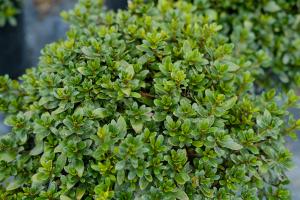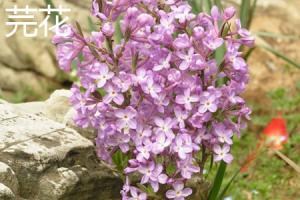Is Epsom Salt Good for Curry Leaf Plant?
The use of Epsom salt as a fertilizing agent has been increasing over the years due to its numerous benefits to plants. Many gardeners have started using Epsom salt to improve the growth of different types of plants, including the curry leaf plant. The curry leaf plant is a shrub that is commonly used in culinary dishes, particularly in Asian cuisine. It is a small, slow-growing plant that is notoriously difficult to grow, making the use of Epsom salt particularly appealing for curry leaf growers.
What is Epsom Salt?
Epsom salt is a naturally occurring mineral composed of magnesium and sulfate. It is named after a town in Surrey, England, where the salt was first discovered. Epsom salt has been used for centuries as a natural remedy for a variety of ailments, including muscle pain, joint pain, and constipation. In recent years, its use has expanded to include plant care and gardening. The magnesium and sulfur in Epsom salt are particularly beneficial to plant growth, making it a popular choice among gardeners.
How Does Epsom Salt Benefit Curry Leaf Plant Growth?
The magnesium in Epsom salt is important for chlorophyll production, which is essential for photosynthesis. Photosynthesis is the process by which plants convert light energy into chemical energy, which is necessary for growth and development. Sulfur, on the other hand, is important for the formation of amino acids, which are the building blocks of proteins. Proteins are essential for plant growth and development.
Curry leaf plants, like many other plants, require magnesium and sulfur to grow and thrive. However, the soil in which curry leaf plants grow may not always have sufficient amounts of these minerals. Epsom salt can provide the necessary magnesium and sulfur to the soil, which can improve the growth and development of curry leaf plants. Epsom salt can also help to increase the uptake of other nutrients by the plant, such as nitrogen and phosphorus.
How to Use Epsom Salt for Curry Leaf Plants
The use of Epsom salt is not a substitute for proper soil preparation and care. Before applying Epsom salt, ensure that the soil is well-drained and rich in organic matter. Curry leaf plants prefer well-draining soil with a pH between 6.0 and 7.5.
To apply Epsom salt, mix one tablespoon of Epsom salt with one gallon of water. Spray the mixture on the leaves of the curry leaf plant every four weeks during the growing season. Alternatively, you can add the Epsom salt mixture to the soil around the base of the plant every four weeks during the growing season.
Conclusion
In conclusion, Epsom salt can be beneficial for the growth and development of curry leaf plants. The magnesium and sulfur in Epsom salt can help to improve chlorophyll production and protein formation, which is necessary for photosynthesis and plant growth. However, it is important to remember that the use of Epsom salt is not a substitute for proper soil preparation and care. Before using Epsom salt, ensure that the soil is well-draining and rich in organic matter. With proper care and the use of Epsom salt, you can successfully grow healthy and thriving curry leaf plants.

 how many times do yo...
how many times do yo... how many planted tre...
how many planted tre... how many pine trees ...
how many pine trees ... how many pecan trees...
how many pecan trees... how many plants comp...
how many plants comp... how many plants can ...
how many plants can ... how many plants and ...
how many plants and ... how many pepper plan...
how many pepper plan...
































